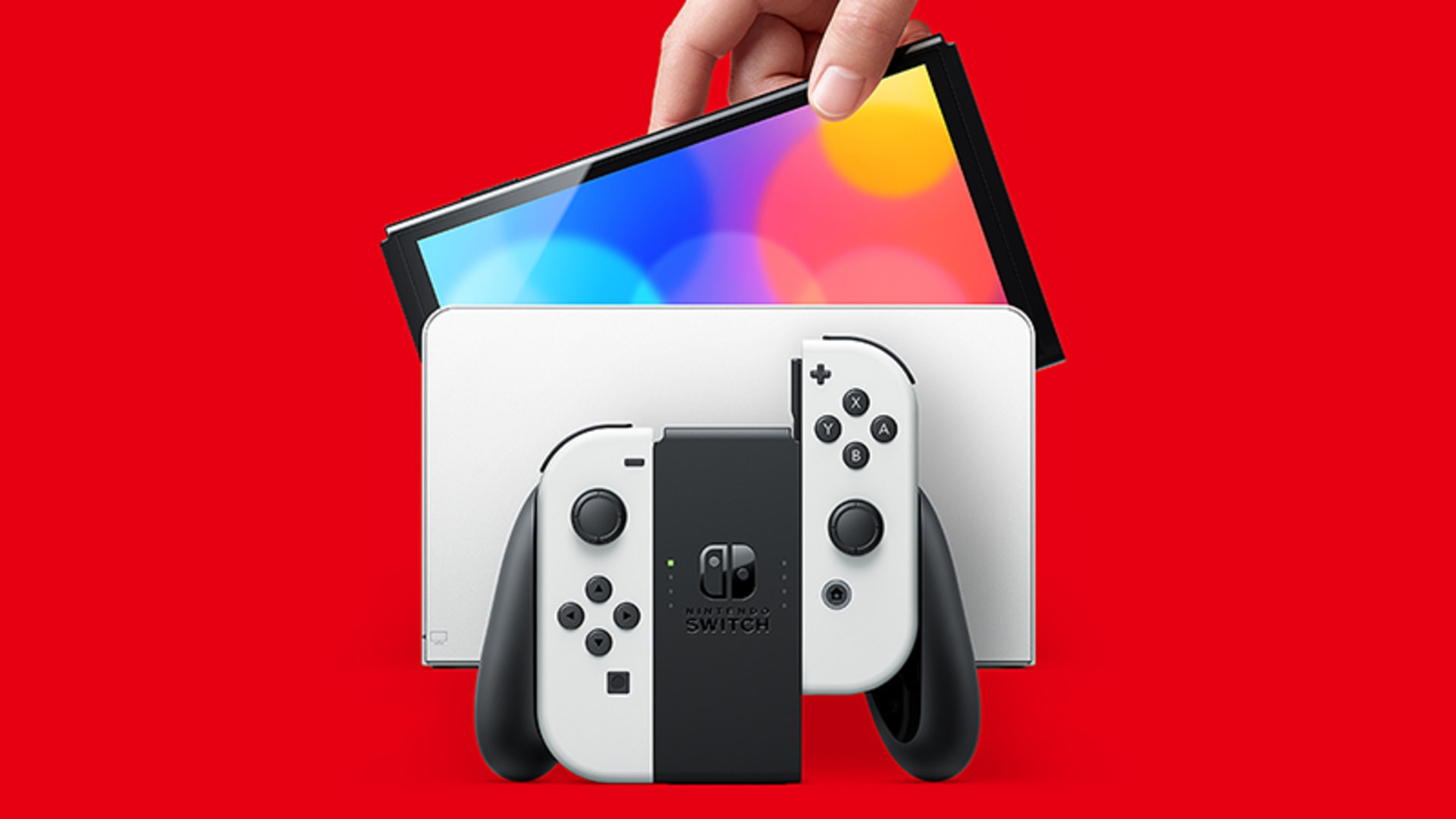While the success of the Nintendo Switch has been nothing short of phenomenal, it seems that Nintendo is already starting to think about its next major hardware release. The problem is that it sounds like they’re not quite sure how they’re going to follow an act as impressive as the Nintendo Switch.
During an investor’s Q&A session (as translated by VGC’s Robert Sephazon) Nintendo president Shuntaro Furukawa spoke glowingly about the success of the Switch so far and how it has allowed Nintendo to focus more on its long-term software plans.
“We have already announced a portion of our software roadmap releasing up to next spring,” Furukawa said. “Unlike the past, we continue to have a large variety of games scheduled to be released, even beyond five years of release. This is because the Nintendo Switch has had such a smooth launch, allowing us to focus all of our development resources on a single platform.”
That’s obviously good news, but as Furukawa notes, Nintendo has been tasked with following historically successful hardware in the past and hasn’t always succeeded in the task.
“However, the question of whether we will be able to just as smoothly transition from the Nintendo Switch to the next generation of hardware is a major concern for us,” Furukawa admits. “Based on our experiences with the Wii, Nintendo DS, and other hardware, it is very clear that one of the major obstacles is how to easily transition from one hardware to the next.”
While Furukawa refrains from talking about the relative failures of the Wii U and 3DS in-depth, he manages to make a great point all the same. Nintendo has been able to follow up successful hardware in the past (who didn’t love the SNES), but they’ve also struggled to answer that dreaded “What’s next?” question. Mind you, that’s not uncommon. The PlayStation 3 was considered to be a somewhat weak successor to the PS2, and the Xbox One couldn’t quite live up to the Xbox 360. One generation’s success can be the next generation’s burden to bear.
The Switch situation is especially interesting, though. With the Wii U and 3DS, Nintendo tried to closely associate their new hardware releases with their most recent successes (just look at the names). While both of those devices had plenty of problems of their own, it seems that Nintendo is really trying to avoid a “Switch U” situation. They’d obviously love to capitalize on the Switch’s success but they no longer seem to believe that doing so is as simple as leading existing users into the next generation with help from a somewhat familiar name. If anything, they may be realizing that the Switch name carries those aforementioned burdens and expectations.
To that end, Furukawa suggests that the solution may involve ensuring that the next Nintendo console is designed to help welcome as many existing Switch users as possible.
“To help alleviate this risk, we’re focusing on building long-term relationships with our customers,” Furukawa says. “While we will continue launching new software on the Nintendo Switch, we will also provide services that also use Nintendo Accounts and other IP outside of gaming software. We intend for this to help build a lasting impact with our customers.”
It’s worth noting that Furukawa has previously hinted that the next Nintendo console could be backward compatible with the Switch, but his statement seems to be about more than that. It almost sounds like Nintendo is interested in creating a kind of ecosystem that isn’t tied to a specific piece of hardware. Whether that means expanding the Switch Online service, offering more cloud gaming options, or even exploring social possibilities that go beyond gaming, Nintendo (like Sony and Microsoft) seems to be open to the idea of thinking beyond the traditional hardware cycles.
Honestly, it’s hard to blame them. After spending roughly the last 5 years with the Switch, it’s difficult to imagine pivoting to a new Nintendo console that doesn’t at least offer some of the Switch’s basic features. I doubt Nintendo is ready to go back to separate handheld and console devices quite yet, but will their next console really just be a more powerful version of the Switch? Could it be a cloud-focused device that offers even greater access to a wider variety of games wherever you are? What does all of this mean for the fabled Nintendo Switch 2 (AKA the “Switch Pro”)? It doesn’t sound like Nintendo knows the answer to those questions quite yet, and I’m honestly not sure if they’ll find a better answer than “more Nintendo Switch, but better.”
With some analysts suggesting that the next Nintendo console still won’t be released for another two years at the absolute earliest, Nintendo has plenty of time to start planning for the future. The question is, “Are you ready to move on from the Nintendo Switch?”
